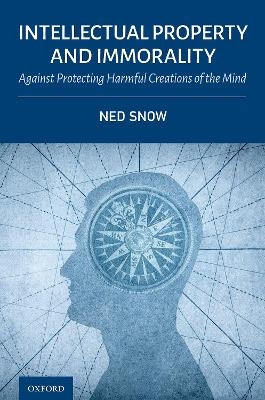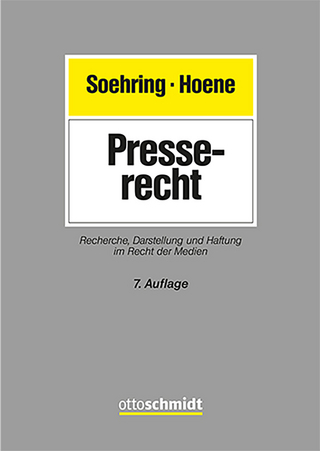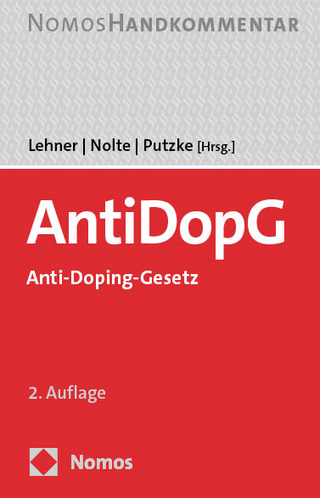
Intellectual Property and Immorality
Oxford University Press Inc (Verlag)
978-0-19-761440-2 (ISBN)
Ned Snow is the Ray Taylor Fair Professor of Law at the University of South Carolina School of Law. His scholarly writings focus on the intersection of intellectual property and the U.S. Constitution. He has authored over twenty law review articles and two textbooks. Prior to joining the University of South Carolina faculty, Professor Snow held academic appointments at the University of Arkansas School of Law and Brigham Young University Law School. He practiced law in the Dallas office of Baker Botts LLP, and following law school, he clerked on the U.S. Court of Appeals for the Fifth Circuit. Professor Snow earned his law degree from Harvard Law School and his undergraduate degree from Brigham Young University.
Detailed Table of Contents
Preface
Chapter 1: Introduction
Chapter 2: Moral Limitations in IP Theory
Chapter 3: Arguments Against Denying Protection
Chapter 4: The Problem of Judicial Moral Discretion
Chapter 5: Works Involving Unlawful Conduct
Chapter 6: Judicial History on Unlawful Works
Chapter 7: The Progress Provision as a Limitation
Chapter 8: Progress, Science, and useful Arts
Chapter 9: Legislating Morality
Chapter 10: Free Speech
Chapter 11: Tying It All Together
Bibliography
Table of Cases
Index
| Erscheinungsdatum | 17.12.2021 |
|---|---|
| Verlagsort | New York |
| Sprache | englisch |
| Maße | 249 x 165 mm |
| Gewicht | 726 g |
| Themenwelt | Recht / Steuern ► Allgemeines / Lexika |
| Recht / Steuern ► EU / Internationales Recht | |
| Recht / Steuern ► Privatrecht / Bürgerliches Recht ► Medienrecht | |
| Recht / Steuern ► Wirtschaftsrecht ► Urheberrecht | |
| ISBN-10 | 0-19-761440-X / 019761440X |
| ISBN-13 | 978-0-19-761440-2 / 9780197614402 |
| Zustand | Neuware |
| Informationen gemäß Produktsicherheitsverordnung (GPSR) | |
| Haben Sie eine Frage zum Produkt? |
aus dem Bereich


